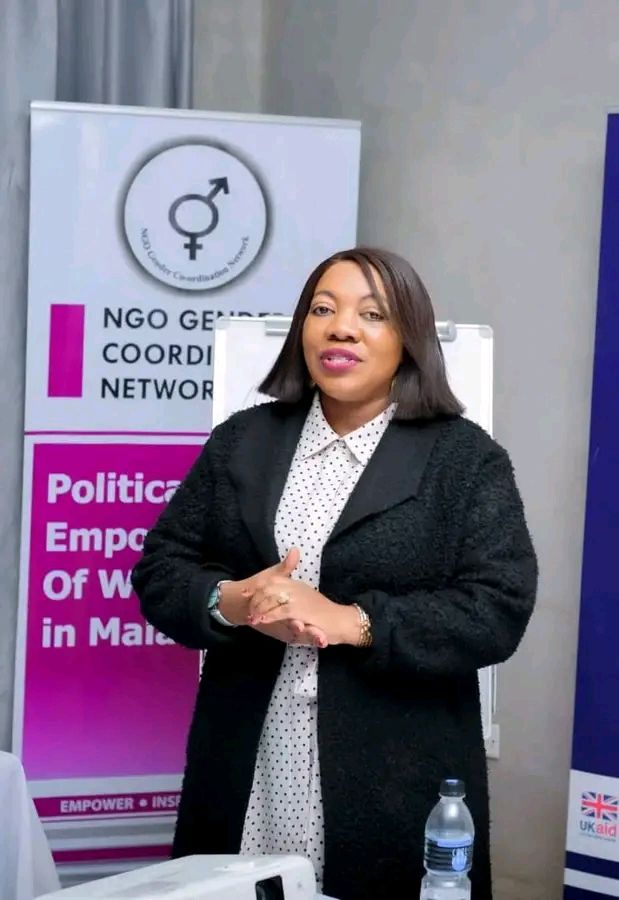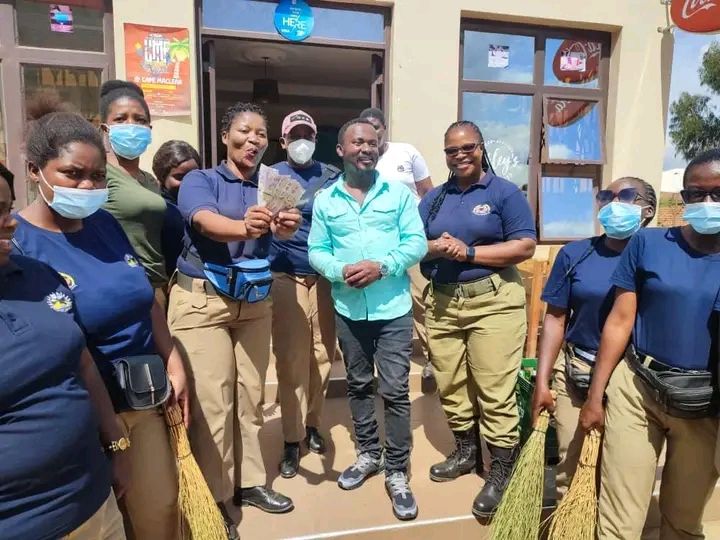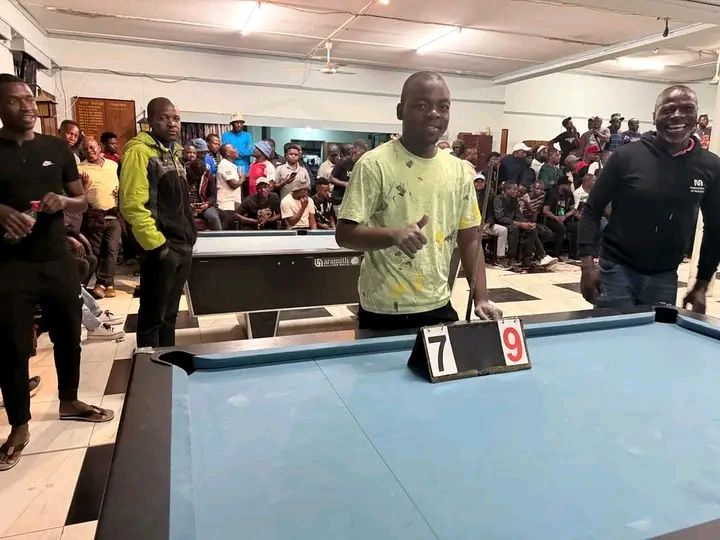By Chisomo Phiri
As Malawi prepares for the second edition of the Malawi Mining Investment Forum (MMIF 2025), scheduled for April 28 to 29, 2025,one of the few accredited gemologists in the country and founder of Yami Gemstone Lab & Exports (YAGLE),Yamikani Jimusole,has called for immediate reforms in the gemstone sector to ensure the country maximizes its mining potential.
Jimusole, who graduated from the Gemological Institute of America (GIA) Thailand campus in 2017, represents the gemology academia and is pushing for critical changes to move the sector forward.
In response to the Ministry of Mining’s focus on advancing Malawi’s mining agenda in a global context, Jimusole stressed that Malawi must first address infrastructure and service gaps before encouraging greater investment in the sector.

“While the government’s focus on sustainable practices and global competitiveness is important, there is an urgent need for basic infrastructure that will allow investors and industry players to make informed, sound decisions,” said Jimusole.
A CALL FOR INFRASTRUCTURE REFORMS IN THE GEMSTONE SECTOR
Jimusole pointed out that Malawi currently lacks accredited gemological laboratories, certified appraisers, and skilled gemologists—essential components for proper valuation and grading of gemstones.
“The determination of gemstone quality is crucial for both exploration and trade.
“Without proper grading certification and appraisal systems, local miners are forced to operate informally, unable to access international markets.
“This results in significant missed opportunities for growth in the gemstone sector,” he said.
Jimusole also addressed the recent gemstone export ban, which came about after the government realized it was getting little return from the sector and decided to fix the flawed valuation system.
“YAGLE has been advocating for this change for years, and while we support efforts to improve the valuation system, small-scale miners and gemstone dealers are feeling the heat.
“The ban and restrictions, while necessary in the long run, are challenging for those currently involved in the industry,” he remarked.
However, Jimusole raised a crucial concern:
“Without accredited gemologists and appraisers, I am left wondering who is developing the new valuation system.
“The government’s efforts must include the expertise of qualified professionals to ensure the system is both accurate and reliable,” he said.
DISAPPOINTMENT WITH EXISTING INSTITUTIONS
While applauding the government’s effort to formalize and benefit from the sector, Jimusole expressed disappointment with institutions like the Export Development Fund (EDF), which has been purchasing gemstones since 2023.
“EDF is operating without standards and only buys a few types of rough gemstones, despite Malawi having over 25 different types of gemstones. With proper systems in place and a broader approach, EDF could have helped Malawi overcome its forex shortages. Sadly, this hasn’t been the case,” he lamented.
DISCOVERING MALAWI’S GEMSTONE RICHES
Despite the current challenges, Jimusole remains optimistic.
“Malawi is home to some of the rarest and most valuable gemstones in the world, including rubies, sapphires, grandidierite, spinel, aquamarine, tourmaline, zircon, and garnets.
“If properly harnessed, these gemstones could generate billions of dollars annually, significantly contributing to the country’s GDP,” he said.
Jimusole’s extensive research and exploration have uncovered rich gemstone diversity across the country, showing the untapped potential for export and beneficiation.
ADVICE TO THE NEW MALAWI MINING COMPANY
Jimusole has also advised the newly established Malawi Mining Company not to overlook the gemstone industry.
“There is a tendency to focus only on critical and industrial minerals, but gemstones are a hidden treasure.
“They offer immediate forex potential, job creation, and linkages to the tourism and jewelry sectors. Ignoring this would be a missed opportunity,” he warned.
ALIGNING WITH NATIONAL STRATEGY
As Malawi focuses on its Agriculture, Tourism, and Mining (ATM ) strategy to drive national transformation, Jimusole called on the Ministry of Mining and the Malawi Mining and Minerals Regulatory Authority to urgently address the structural and institutional weaknesses in the gemstone sector.
“The ATM strategy cannot succeed without solid foundations in each pillar. Let the mining institutions get to work,” he emphasized.
A PLEA FOR SUSTAINABILITY AND LOCAL BENEFICIATION
Jimusole’s comments align with the core objectives of MMIF 2025, which aim to promote sustainable and equitable investment in mining, enhance legal and institutional frameworks, and build strong local value chains.
“The gemstone industry can become a cornerstone of Malawi’s transformation, but only if we ensure transparency, sustainability, and the right infrastructure,” he said.
CONTRIBUTION TO MALAWI 2063 GOALS
Looking ahead, Jimusole believes that a formalized gemstone industry is critical to achieving Vision 2063.
By addressing current gaps, Malawi could generate thousands of jobs, attract FDI, and significantly boost forex reserves through gemstone exports.
A TURNING POINT FOR THE INDUSTRY
With MMIF 2025 bringing together global and local stakeholders under the theme “Advancing Malawi’s Mining Agenda in an Evolving Global Industry,” Jimusole hopes these issues will be addressed.
“This is our moment. Let’s make the gemstone sector a model of what’s possible when reforms meet opportunity,” he concluded.






